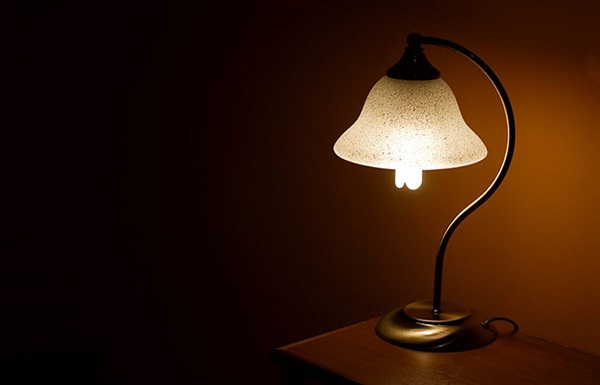A group of neuroscientists from Michigan State University lately revealed a new research indicating that dim ambient light might affect one’s brain.
 |
|
(Image: Peter Gudella/Shutterstock) |
The studies said that dim lighting in rooms and offices may actually “change the brain’s structure and hurt one’s ability to remember and learn.”
The neuroscientists studied changes of the brains of Nile grass rats after being exposed to both dim and bright light for four weeks. The hippocampuses of those rats, after staying in dim light for four weeks, were found to lose 30% of capacity. The critical change in the brain region in charge of learning and memory made them perform badly on a spatial task they had trained on previously.
However, staying in bright light significantly improved their performance on the spatial task.
The rats exposed to bright light performed better.
In addition, the rodents that previously stayed in dim light slowly improved their performance on the task when placed in bright light for another four weeks after a month-long interval. Their brain capacity fully recovered as well.
Antonio Nunez, a psychology professor and co-investigator on the study, said that the researchers created a dim environment mimicking cloudy weathers or an environment in a movie theater. This kind of lighting may impair the spatial learning ability.
Joel Soler, a doctoral graduate student in psychology, explained that sustained exposure to dim light causes significant reductions in a substance called brain derived neurotrophic factor, a peptide that helps maintain healthy connections and neurons in the hippocampus, and in dendritic spines, acting as the connections that allow neurons to "talk" to one another.
“Since there are fewer connections being made, this results in diminished learning and memory performance that is dependent upon the hippocampus,” Soler said.












